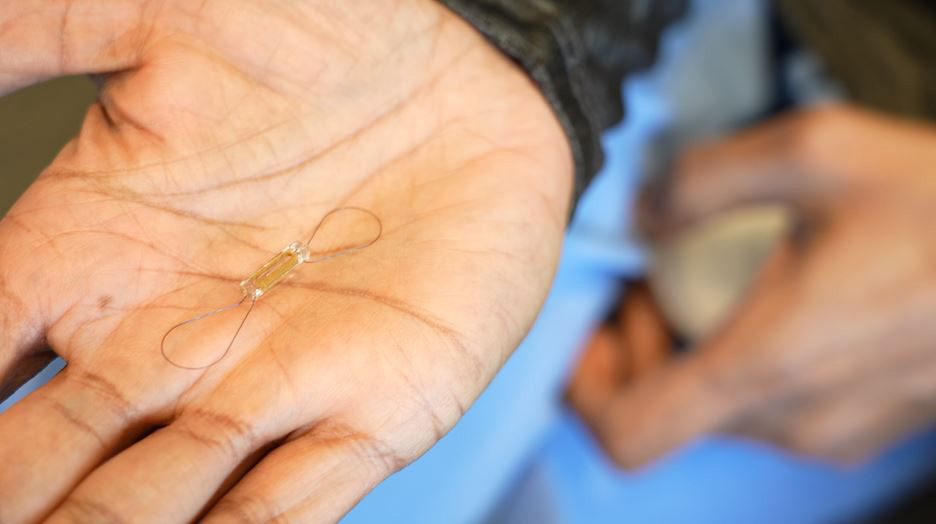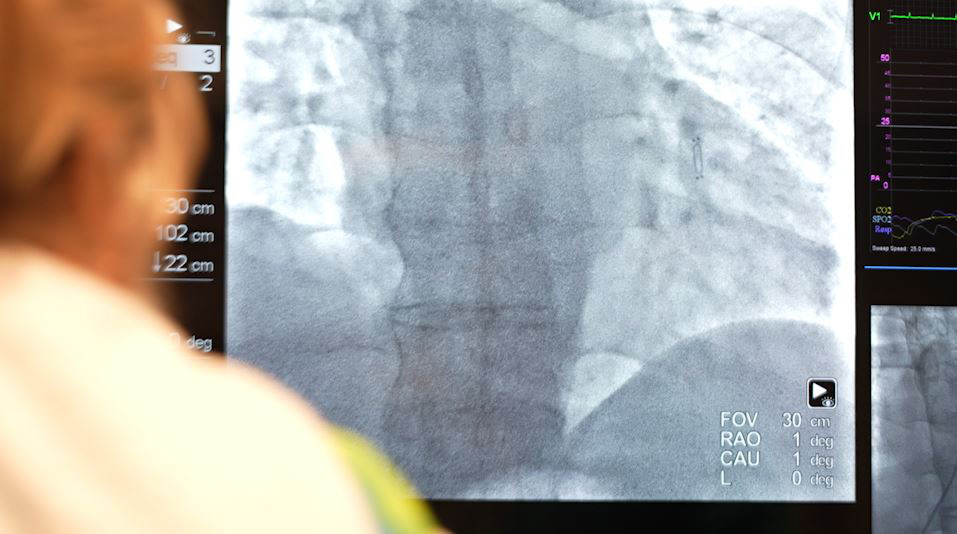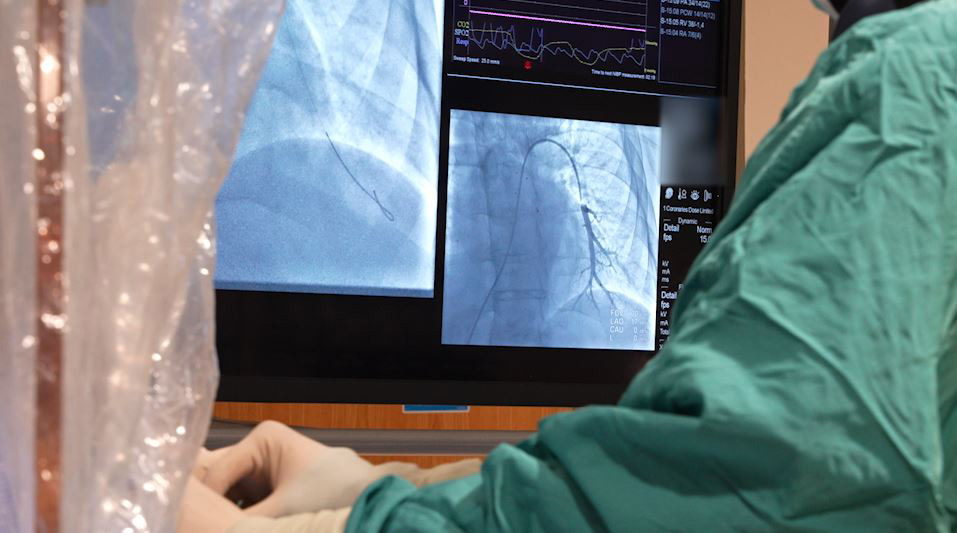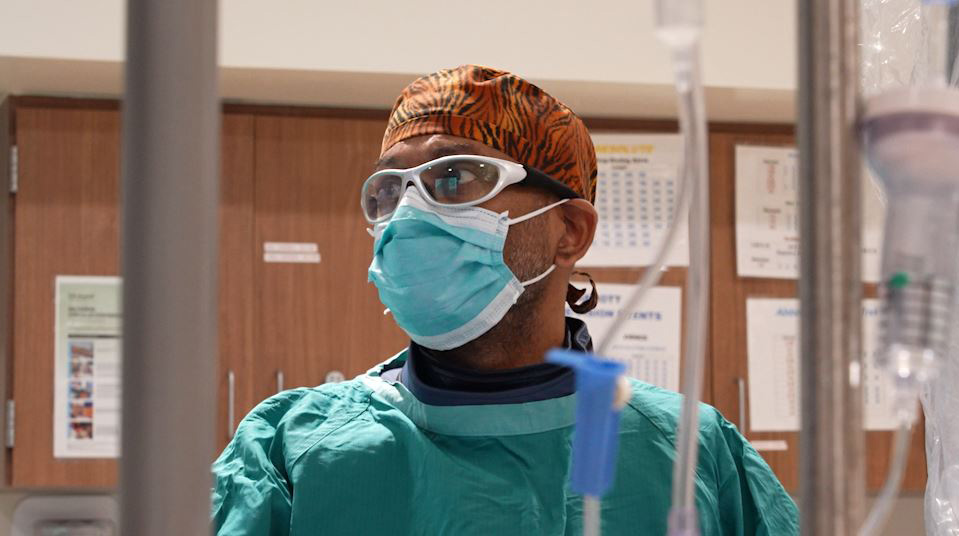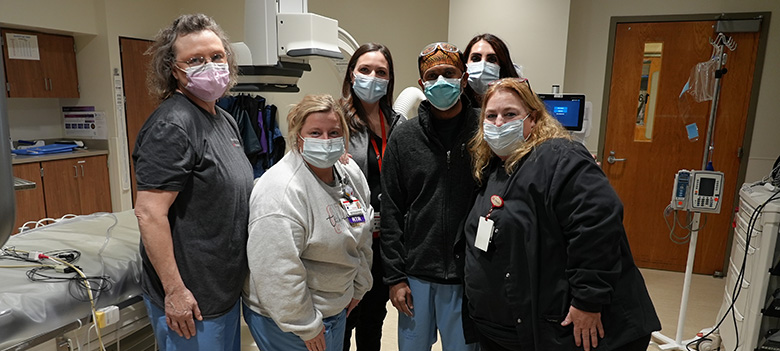
LOUISVILLE, KY – As part of its commitment to being the region’s only hospital focused exclusively on heart health, UofL Health – Heart Hospital is celebrating yet another milestone, completing the 200th CardioMEMS HF System implantation procedure. The device is a revolutionary wireless monitoring sensor that has been proven to significantly reduce hospital admissions when used by physicians to manage heart failure.
“It’s a new year and a new milestone at UofL Health – Heart Hospital, where the CardioMEMS program has played a significant role in transforming heart failure management” said Chandhiran Rangaswamy, M.D., cardiovascular medicine UofL Health - Heart Hospital. “Adding CardioMEMs to the traditional methods of preventing heart failure admissions, such as monitoring daily weights and fluid intake, have has shown great success. With CardioMEMS we have the technology to monitor patients so intensively that we can identify the onset of heart failure before symptoms even begin.”
UofL Health – Heart Hospital started the CardioMEMS program in April 2018 and has been the fastest growing program of its kind in the region. It is the largest CardioMEMS program in northern Kentucky and southern Indiana.
The CardioMEMS HF System features a sensor that is implanted in the pulmonary artery (PA) during a non-surgical procedure to directly measure PA pressure. Increased PA pressures appear before weight and blood pressure changes, which are often used as indirect measures of worsening heart failure. The new system allows patients to transmit daily sensor readings from their homes to their health care providers, allowing for personalized and proactive management to reduce the likelihood of hospitalization.
“The sensor is about the size of a paperclip, and the procedure is relatively quick, as is the recovery period for patients” said Jaime Pind, RN, and CardioMEMS Territory Manager. “Being able to provide folks with a heightened awareness of the factors affecting their health not only gives the patient a sense of control, but allows their doctor intervene earlier if something seems off. Patients who have heart failure are used to feeling a certain way and don’t realize they could feel better. This sensor allows providers to make improvements to better treat heart failure and even slow the progression.”
According to the Centers for Disease Control and Prevention, approximately 6.5 million adults in the United States have heart failure. Symptoms of heart failure include shortness of breath during daily activities, having trouble breathing when lying down and weight gain with swelling in the feet, legs, ankles or stomach.



